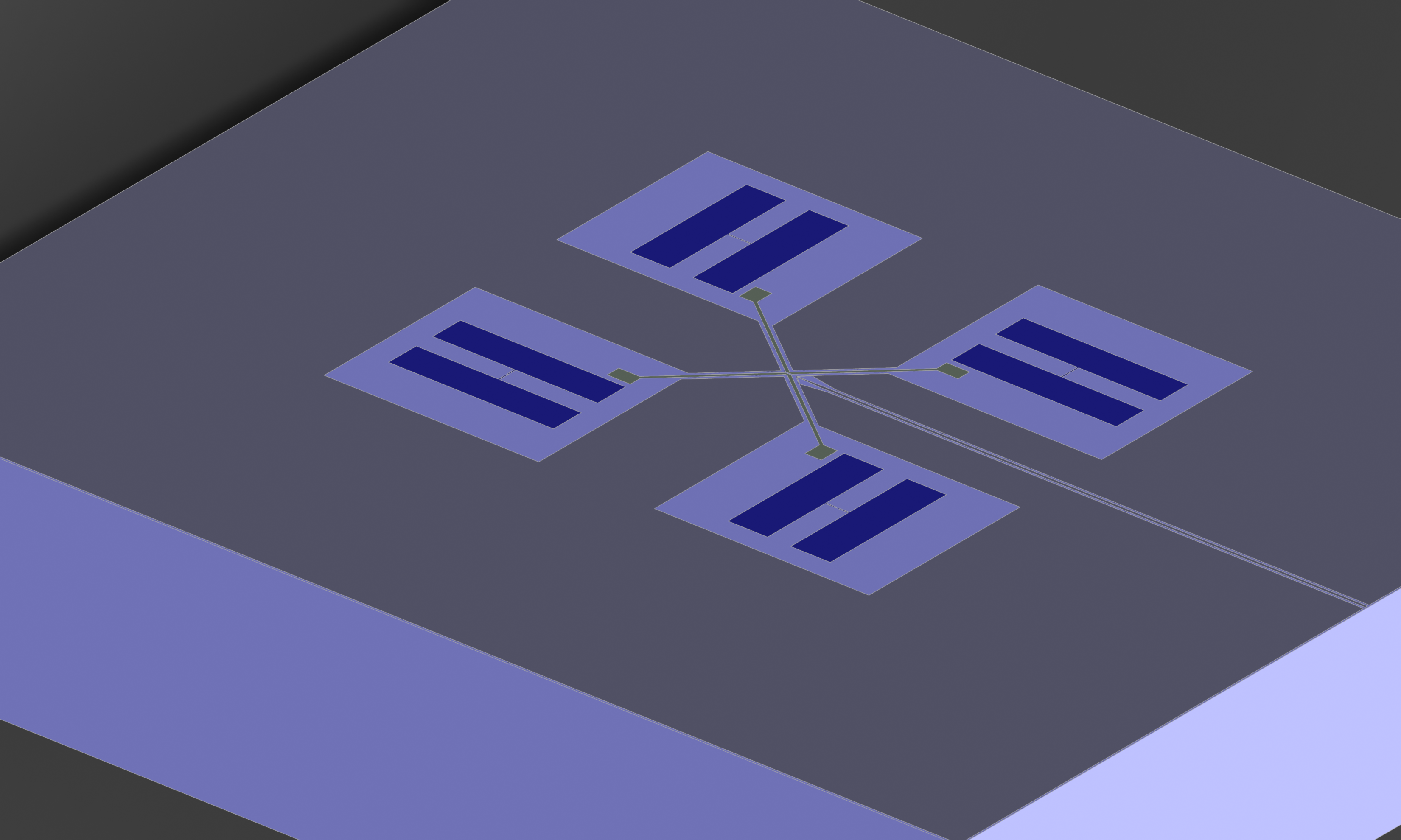Multi-qubit operations

The goal is to develop superconducting qubit architectures and control methods to efficiently generate multi-qubit entangled states. One specific direction is to use couplers connecting multiple superconducting qubits and investigate multi-qubit operations that allow us to entangle and read-out multiple qubits at the same time. We will address the question if there is an advantage in using multi-qubit gates over traditional two-qubit gates in practical experiments by assessing the efficiency of such gates in specific algorithms, e.g., for quantum chemistry. Moreover, we investigate different types of qubits and couplers that allow for fast and high-fidelity gate operations. The devices and methods developed here may enhance the scalability of superconducting qubit platforms and the efficiency of quantum algorithms.
